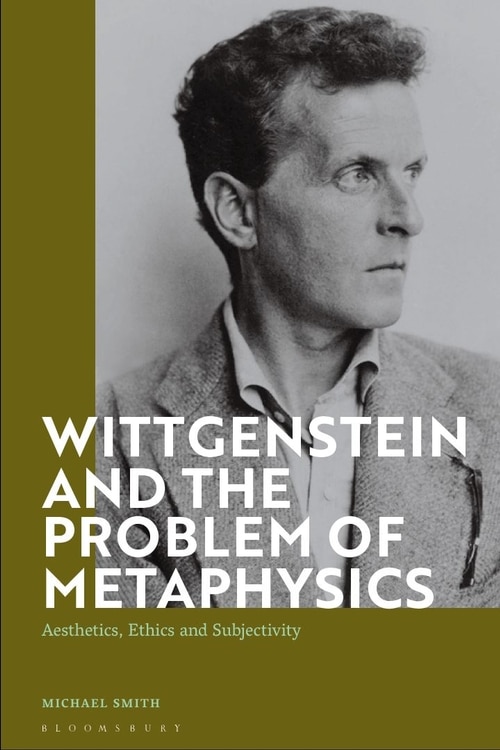IDSVA Dissertation Publications
July 26, 2023

Radical Intimacy in Contemporary Art: Abjection, Revolt and Objecthood
Keren Moscovitch, PhD 2020
Bloomsbury Press 2024
This book explores radical intimacy in contemporary art, particularly practices which operate at the edges of sexuality and its socially sanctioned expressions. Through a philosophical inquiry into the works of several contemporary artists whose works have been maligned, misunderstood and targeted for censorship and exclusion, the text opens up a dialogue on the role of intimacy in challenging and reimagining ideology.

Politics and Heidegger’s Concept of Thinking in Contemporary Art
Louise Carrie Wales, PhD 2019
Routledge 2021
Responding to Heidegger’s stark warnings concerning the essence of technology, this book demonstrates art’s capacity to emancipate the life-world from globalized technological consciousness. Louise Carrie Wales presents the work of four contemporary artists – Martha Rosler, Christian Boltanski, Kzryztof Wodiczko and collaborators Noor Mirza and Brad Butler – who challenge our thinking and compel a dramatic re-positioning of social norms and hidden beliefs. The through-line is rooted in Heidegger’s question posed at the conclusion of his technology essay as understood through artworks that provides a counter to enframing while using increasingly sophisticated technological methods. The themes are political in nature and continue to have profound resonance in today’s geopolitical climate.

Wittgenstein and the Problem of Metaphysics: Aesthetics, Ethics and Subjectivity
Michael R. Smith, PhD 2013
Bloomsbury Press 2021
This text is concerned with the exposition and interpretation of the philosophy of Ludwig Wittgenstein in light of what is here called the “problem of metaphysics.” This problem is based on the claim that philosophers throughout history have approached metaphysics from one of two broadly flawed positions. Firstly, there are those who have tended towards the belief that various metaphysical suppositions are self-evidently true. Secondly, there are those who have attempted to deny the possibility of metaphysics altogether by an appeal to various “non-metaphysical” methodologies. The first of these assumptions is rejected based on the conclusion that any self-evident truth requires the universal assent of everyone, which prima facie has never happened. The second of these assumptions is likewise rejected for the reason that every methodology—antimetaphysical or not—suggests a metaphysics. As this relates to Wittgenstein, it will be seen that we can read his philosophical development as simultaneously encompassing both of these disparate views. These problems are dissolved, however, in much of the work that Wittgenstein did in the last years of his life, especially in On Certainty. There he dismisses the possibility of absolute certainty while acknowledging that some concepts must be fixed in place in order for any description of the world to be possible at all. The question then arises: How do we decide between various possible modes of description? The answer, it will be suggested, is that every mode of description is predicated on an aesthetic predilection alone. This inclination can be given no further justification, nor can it be described. It simply admits that we are free to choose whatever metaphysical construct we see fit and that there is no reason to adopt one metaphysical supposition as opposed to another save our aesthetic proclivity for one thing and not another.

Machine Anxieties of Steampunk: Contemporary Philosophy, Neo-Victorian Aesthetics, and the Future
Kathe Hicks Albrecht, PhD 2017
Bloomsbury Press 2021
What is steampunk and why are people across the globe eagerly embracing its neo-Victorian aesthetic? Old-fashioned eye goggles, lace corsets, leather vests, brass gears and gadgets, mechanical clocks, the look appears across popular culture, in movies, art, fashion, and literature. But steampunk is both an aesthetic program and a way-of-life and its underlying philosophy is the key to its broad appeal. Steampunk champions a new autonomy for the individual caught up in today's technology-driven world. It expresses optimism for the future but it also delivers a note of caution about our human role in light of the ubiquitous machine. Thus, despite adopting an aesthetic and lifestyle straight out of the Victorian scientific romance, steampunk addresses significant twenty-first century concerns about what lies ahead for humankind. The movement recovers autonomy from prevailing trends even as it challenges us to ask what it is to be human today.

Art as Information Ecology: Artworks, Artworlds, and Complex Systems Aesthetics
Jason Hoelscher, PhD 2019
Duke University Press 2021
In Art as Information Ecology, Jason A. Hoelscher offers not only an information theory of art but an aesthetic theory of information. Applying close readings of the information theories of Claude Shannon and Gilbert Simondon to 1960s American art, Hoelscher proposes that art is information in its aesthetic or indeterminate mode—information oriented less toward answers and resolvability than toward questions, irresolvability, and sustained difference. These irresolvable differences, Hoelscher demonstrates, fuel the richness of aesthetic experience by which viewers glean new information and insight from each encounter with an artwork. In this way, art constitutes information that remains in formation---a difference that makes a difference that keeps on differencing. Considering the works of Frank Stella, Robert Morris, Adrian Piper, the Drop City commune, Eva Hesse, and others, Hoelscher finds that art exists within an information ecology of complex feedback between artwork and artworld that is driven by the unfolding of difference. By charting how information in its aesthetic mode can exist beyond today's strictly quantifiable and monetizable forms, Hoelscher reconceives our understanding of how artworks work and how information operates.
